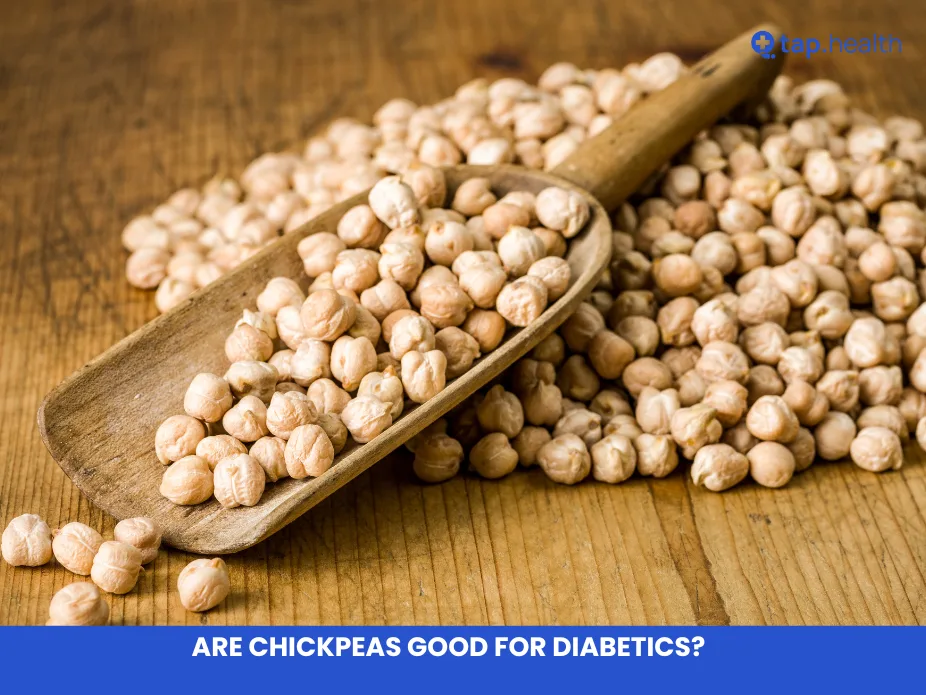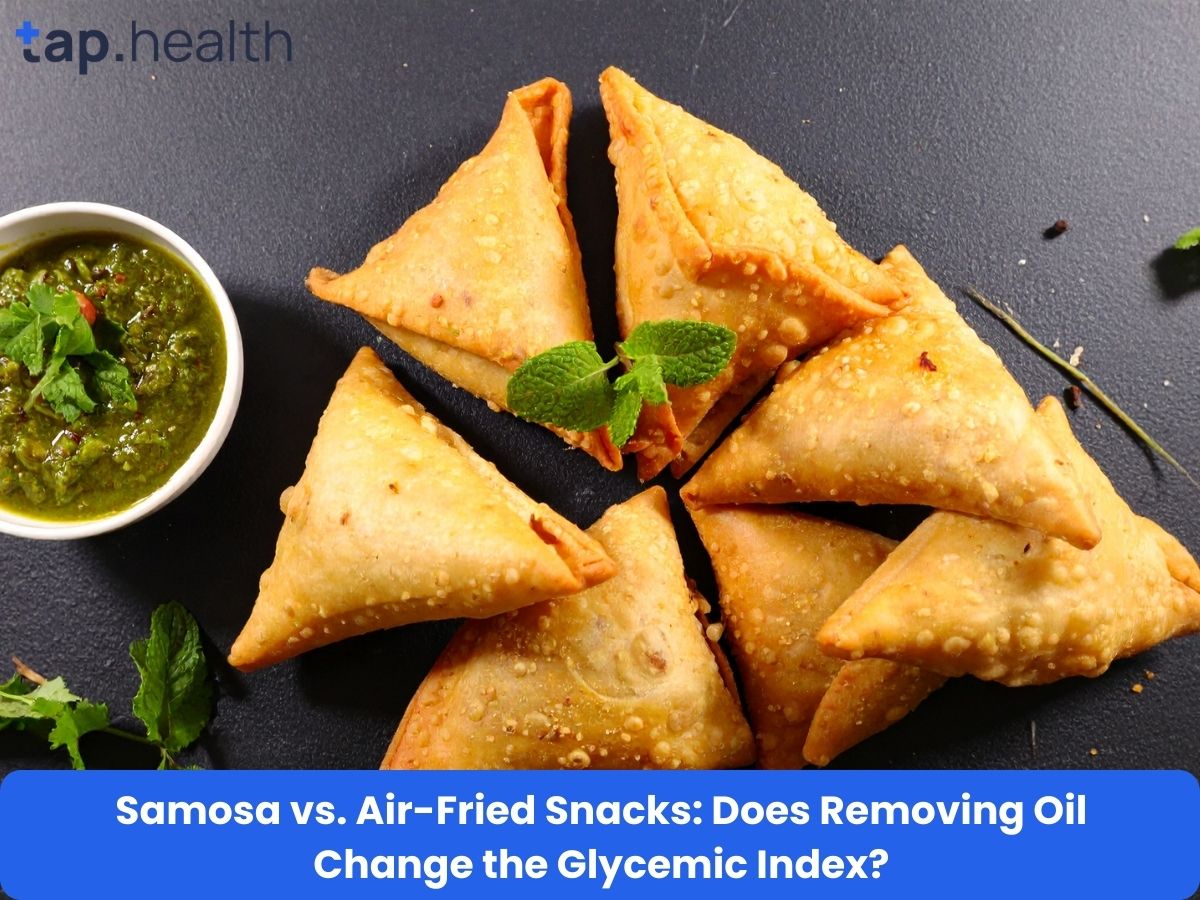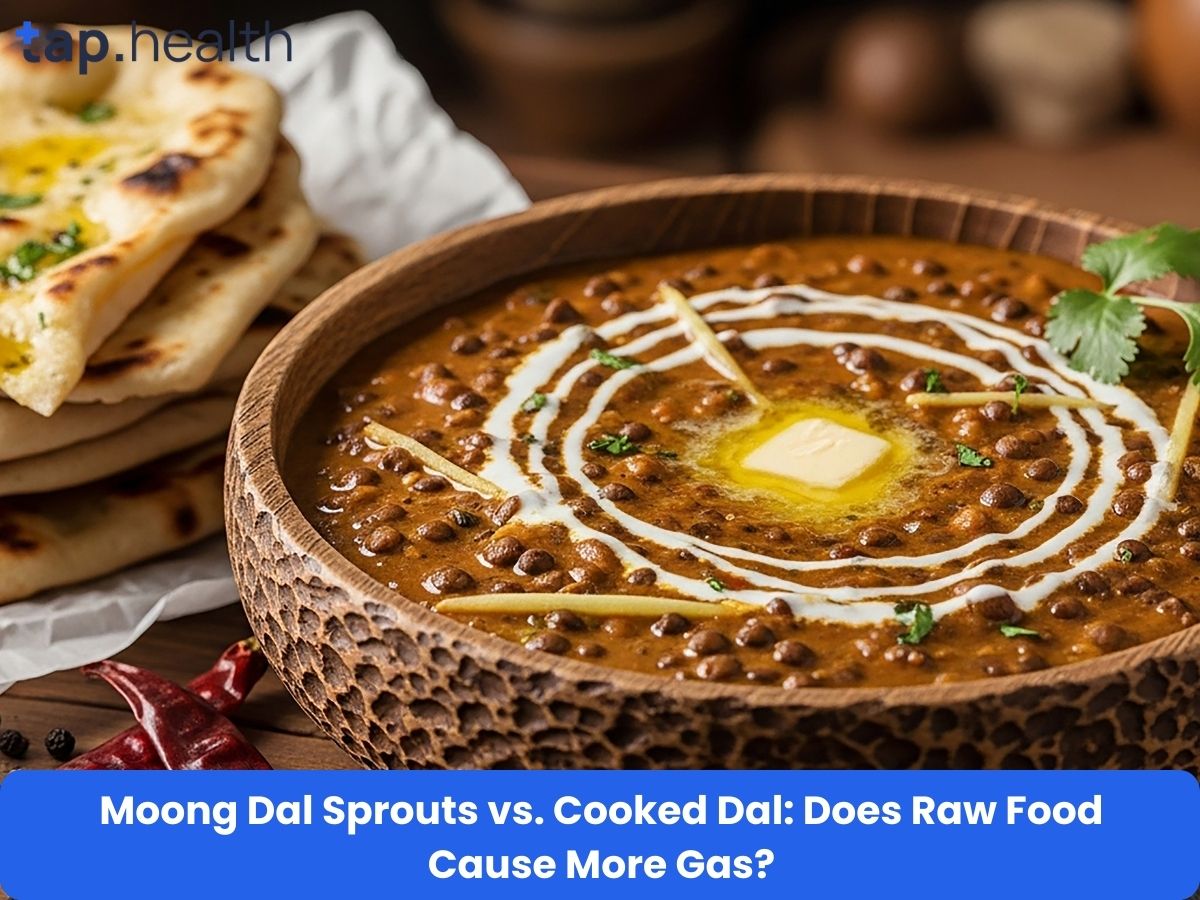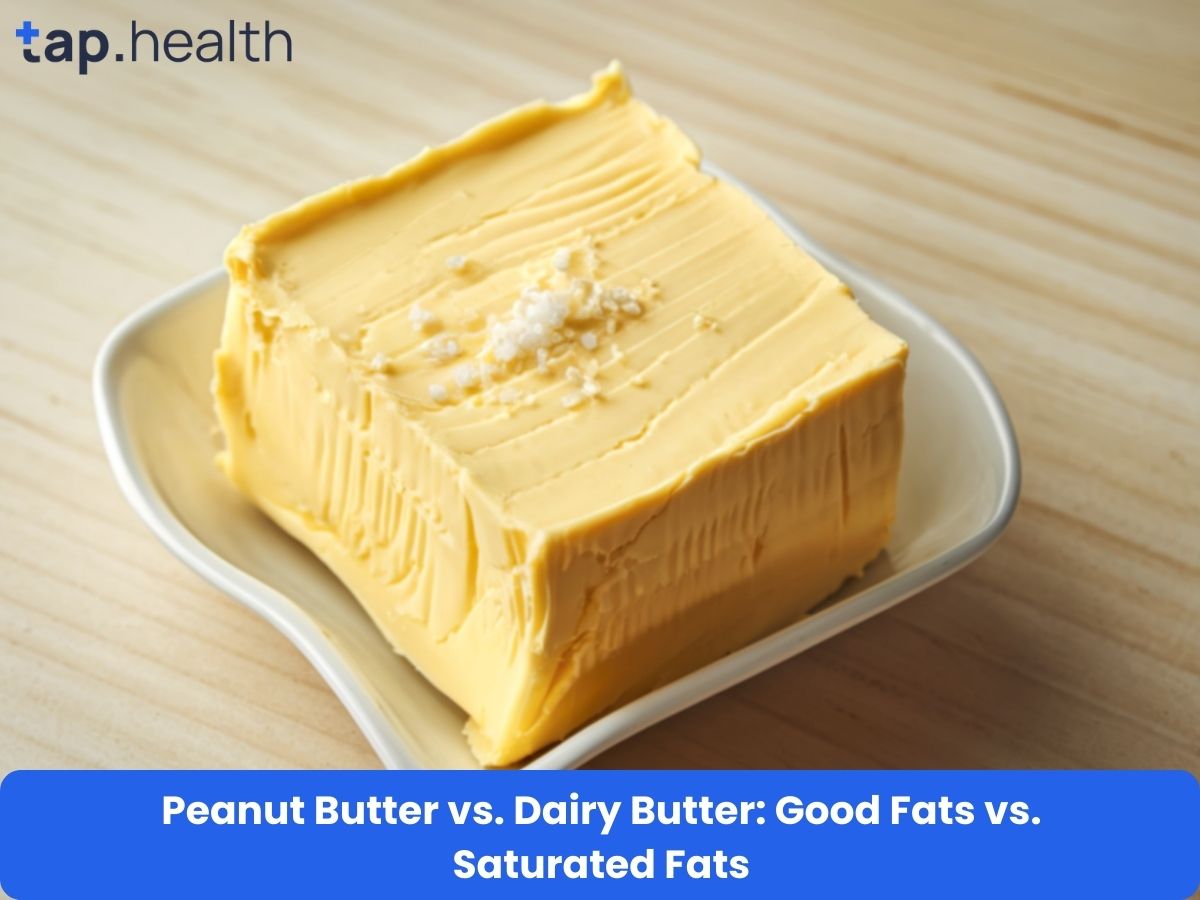Managing diabetes involves making thoughtful food choices to maintain stable blood sugar levels. Among the many options available, chickpeas—also known as garbanzo beans—stand out as a nutritious choice. But are they truly beneficial for individuals with diabetes? Let’s explore this in detail.
What Are Chickpeas?
Chickpeas are small, round legumes that have been a staple in various cuisines for centuries. They come in two main varieties: desi and kabuli. Desi chickpeas are smaller, darker, and commonly found in Asia and Africa, while kabuli chickpeas are larger, lighter, and primarily produced in West Asia, North Africa, North America, and Europe.
Nutritional Profile of Chickpeas
Chickpeas are rich in several nutrients beneficial for overall health:
- Protein: They provide a plant-based protein source, essential for muscle repair and growth.
- Fiber: High in dietary fiber, chickpeas aid digestion and promote a feeling of fullness.
- Vitamins and Minerals: They contain vitamins like B6 and folate, and minerals such as iron, magnesium, and zinc.
- Antioxidants: Chickpeas possess antioxidants that help combat oxidative stress in the body.
How Do Chickpeas Affect Blood Sugar?
Managing blood sugar levels is crucial for individuals with diabetes. Chickpeas can play a significant role in this regard:
- Low Glycemic Index (GI): Chickpeas have a low GI, meaning they cause a slower, more gradual increase in blood sugar levels compared to high-GI foods. Healthline
- High Fiber Content: The soluble fiber in chickpeas slows down the absorption of sugar, leading to more stable blood sugar levels. Healthline
- Protein Content: Protein helps in regulating blood sugar by slowing the absorption of carbohydrates. Healthline
Real-Life Scenario: Rajesh’s Experience
Rajesh, a 45-year-old from Mumbai, was diagnosed with type 2 diabetes. After incorporating chickpeas into his diet—through dishes like chana masala and hummus—he noticed improved blood sugar control. His doctor observed that his fasting insulin levels had decreased, attributing this positive change to his dietary adjustments.
Expert Contribution: Dr. Meera Sharma
Dr. Meera Sharma, a renowned endocrinologist from Delhi, states, “Chickpeas are an excellent addition to a diabetic diet due to their low glycemic index and high fiber content, which aid in maintaining stable blood sugar levels.”
Recommendations Grounded in Proven Research and Facts
Incorporating chickpeas into your diet can offer several benefits:
- Blood Sugar Regulation: Their low GI and high fiber content help in controlling blood sugar levels. Healthline
- Heart Health: Chickpeas may help reduce cholesterol levels, thereby supporting cardiovascular health. Beato
- Weight Management: The fiber and protein in chickpeas promote satiety, which can aid in weight management—a crucial aspect of diabetes control. Beato
Factual and Reliable Information
It’s important to note that while chickpeas are beneficial, portion control is essential. Overconsumption can lead to increased carbohydrate intake, potentially affecting blood sugar levels. Additionally, individuals with certain digestive conditions may experience discomfort due to the oligosaccharides in chickpeas. Gradual introduction into the diet and proper preparation can help minimize these effects.
FAQs on Are Chickpeas Good for Diabetics?
1. Can chickpeas replace meat in a diabetic diet?
Yes, chickpeas can serve as a plant-based protein source, making them a suitable alternative to meat in a diabetic diet.
2. How can I include chickpeas in my meals?
Chickpeas can be added to salads, soups, curries, or blended into dips like hummus.
3. Are canned chickpeas as beneficial as dried ones?
Both canned and dried chickpeas offer similar nutritional benefits. However, canned versions may contain added sodium, so it’s advisable to rinse them before use.
4. How many chickpeas should I consume daily?
A standard serving size is about 1/2 cup of cooked chickpeas. It’s best to consult with a healthcare provider or dietitian for personalized recommendations.
5. Can chickpeas cause gas or bloating?
Some individuals may experience gas or bloating due to the oligosaccharides in chickpeas. Gradual introduction into the diet and proper preparation can help minimize these effects.



